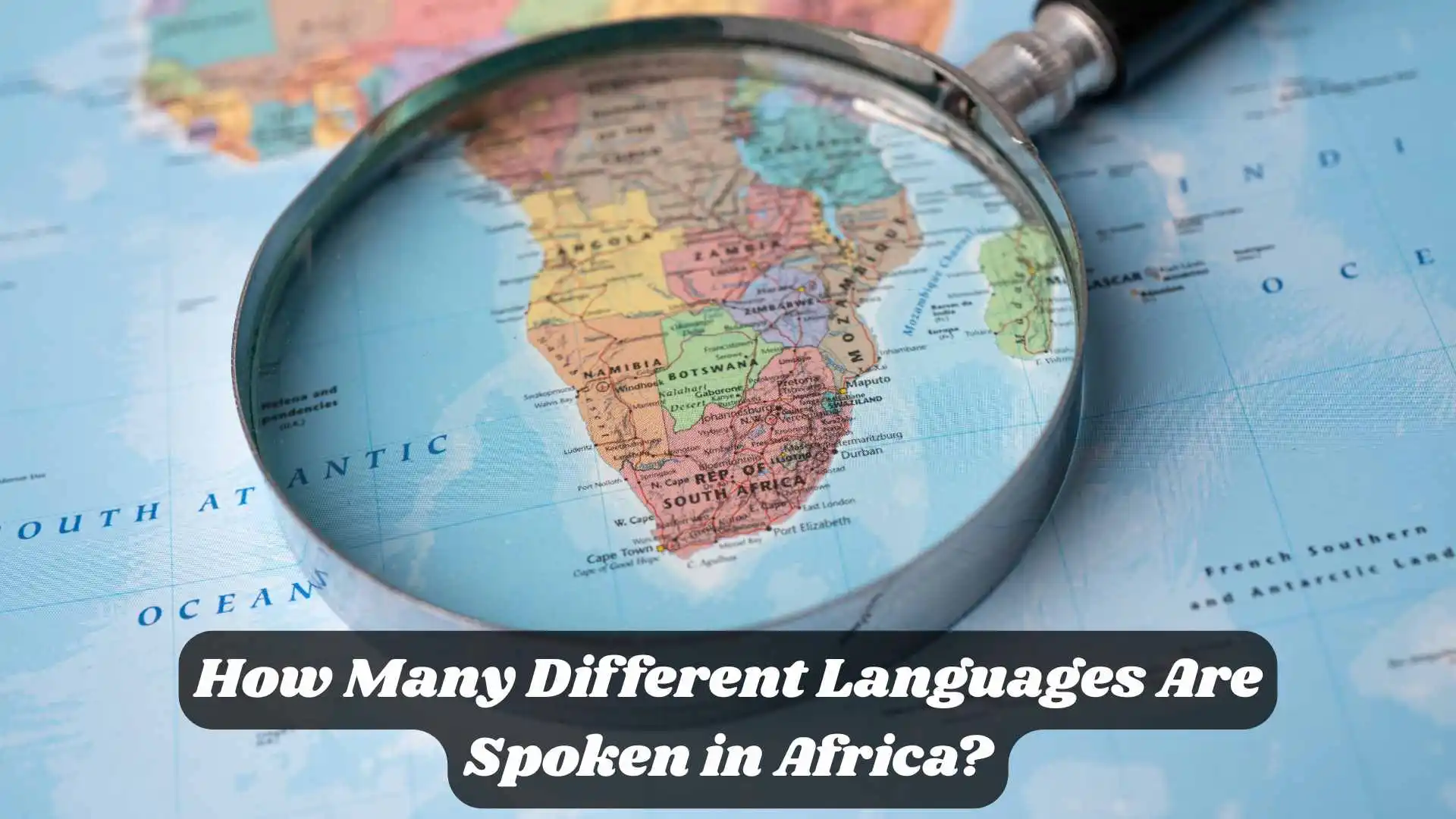Africa is often called the “continent of languages.”
If you’ve ever wondered “approximately how many different languages are spoken in Africa?”, the answer will amaze you.
Africa is home to some of the richest linguistic diversity in the world—where language isn’t just a way of speaking, but a reflection of identity, culture, and heritage.
🌐 The Linguistic Landscape of Africa
Experts estimate that approximately 2,000 languages are spoken across the African continent. These languages belong to four major language families, each with unique characteristics and cultural depth:
- Niger-Congo Languages – The largest family, spoken in most of Sub-Saharan Africa. Famous examples include Swahili, Yoruba, Zulu, and Shona.
- Afro-Asiatic Languages – Found mainly in North Africa and the Horn of Africa, including Arabic, Somali, Amharic, and Hausa.
- Nilo-Saharan Languages – Spoken around central and eastern Africa, such as Luo, Dinka, and Kanuri.
- Khoisan Languages – Known for their unique “click” sounds, these are spoken by smaller communities in southern Africa.
🗣️ Why Africa Has So Many Languages
Africa’s vast number of languages exists because of its:
- Cultural diversity: Hundreds of ethnic groups with distinct traditions.
- Geographical variety: Mountains, deserts, and rivers created natural separations that allowed languages to evolve independently.
- Oral traditions: Many communities preserved their language through stories, songs, and oral history rather than writing.
Unlike other continents, many African countries have dozens or even hundreds of languages within their borders. For example:
- Nigeria has over 500 languages.
- Democratic Republic of the Congo has more than 200.
- Ethiopia and Cameroon each have 80+ languages spoken.
🌍 Widely Spoken African Languages
Even with thousands of languages, some have become major unifying tongues:
- Swahili (East Africa): Spoken by over 100 million people across Kenya, Tanzania, Uganda, and beyond.
- Arabic (North Africa): The most widely spoken language on the continent.
- Hausa (West Africa): A major trade language in Nigeria and Niger.
- Amharic (Ethiopia): The official language of Ethiopia with over 30 million speakers.
- Zulu (Southern Africa): One of South Africa’s official languages.
These languages connect people across regions, helping trade, culture, and education flourish.
🌏 Africa’s Role in Global Linguistic Diversity
Africa alone accounts for about one-third of the world’s total languages. This makes it a linguistic powerhouse. However, some of these languages are endangered as younger generations move toward more global tongues like English, French, or Arabic.
Organizations like UNESCO and local communities are working hard to preserve indigenous African languages, recognizing that every language carries centuries of knowledge and cultural identity.
🌿 The Beauty of Africa’s Languages
Every African language has a rhythm, tone, and story. From the lyrical Swahili phrase “Hakuna Matata” (“no worries”) to the melodic Yoruba greetings, Africa’s languages are more than words—they’re living art forms.
The diversity of languages reflects the continent’s diversity of people—vibrant, resilient, and endlessly creative.
🌎 Conclusion
So, approximately 2,000 different languages are spoken in Africa, each representing a unique worldview. This incredible diversity makes Africa not just the cradle of humanity, but also the cradle of languages. Whether it’s the clicks of Khoisan or the smooth flow of Swahili, Africa’s voice is as varied and beautiful as its landscapes.

James Parker is a passionate and insightful American author known for his unique ability to connect complex ideas with everyday experiences. With a background in creative writing and over a decade of experience in the literary world, James has dedicated his career to inspiring readers through thoughtful storytelling and practical wisdom.
His writing style is modern, engaging, and deeply reflective, often focusing on personal growth, human relationships, and the subtle beauty of life’s challenges. James Parker’s work is highly respected for its authenticity and relevance, making him a favorite among readers seeking both knowledge and emotional connection.
Over the years, James has authored several impactful books, including “The Path Within”, “Finding Clarity”, and “Bridges of Thought”, which continue to resonate with audiences around the world.

